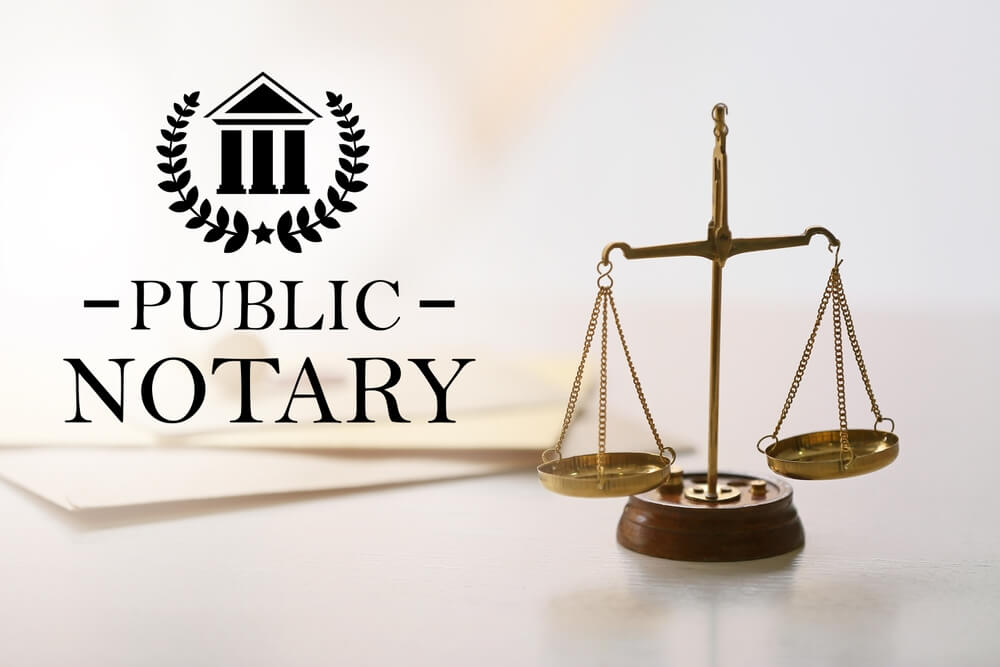DIRCO Rules Demystified: A Guide to Diplomatic Method
DIRCO Rules Demystified: A Guide to Diplomatic Method
Blog Article
Demystifying Notarial Work: Streamlining the Role and Relevance of Notaries
Their role, frequently shrouded in secret for lots of, brings considerable weight in making sure the legitimacy and honesty of critical papers. By untangling the intricacies dropping and surrounding notarial techniques light on the relevance of their acts, a more clear understanding arises of the important role notaries play in upholding the fabric of contractual and legal agreements.
The Background of Notarial Job
Exactly how did notarial job evolve with time to become an indispensable part of legal and service purchases? The background of notarial work days back to ancient civilizations, where scribes played an essential function in taping important information and confirming papers. As cultures proceeded, the requirement for a much more formalized system to ensure the credibility of contracts occurred. This led to the growth of notaries, individuals designated by the state to act as objective witnesses in legal matters.
Throughout the Center Ages, notaries obtained prominence in Europe, with their functions broadening to consist of drafting legal records, accrediting trademarks, and maintaining records. The surge of worldwide trade better highlighted the relevance of notarial job in confirming agreements and arrangements across boundaries.
In the modern-day era, notaries proceed to play a vital function in lawful and business deals by validating identifications, validating the authenticity of records, and preventing fraud. Their role in licensing the validity of arrangements includes a layer of protection and depend the ever-evolving landscape of business and regulation.

Obligations and Duties of Notaries
The historic advancement of notarial job from old human beings to the modern-day age has actually shaped the distinct responsibilities and obligations that notaries promote in lawful and organization deals today. Notaries play a vital role in verifying the authenticity of records and the identity of signatures. One of their key obligations is to witness the signing of crucial files, such as contracts, actions, and wills, to guarantee that all parties are participating in arrangements purposefully and willingly. Notaries likewise verify that notaries are of sound mind and not under discomfort or browbeating.
Moreover, notaries are entrusted with administering affirmations and vows, which are vital in lawful proceedings and the implementation of sworn statements. They license duplicates of original documents, supplying guarantee to establishments that the duplicates are real reproductions of the originals. Notaries have to maintain precise records of all purchases they manage to ensure transparency and responsibility. Generally, the obligations and responsibilities of notaries are crucial in safeguarding the stability and validity of numerous records and deals.
Notarial Certificates and Signatures
Exhibiting careful interest to information, notarial certifications and trademarks act as vital elements in verifying the credibility of legal files. Notarial certificates generally contain essential information such as the day of registration, the names of the signatories, a summary of the paper, and the notary's official seal. These certifications supply a clear record of the notarial act, making sure that the file can be conveniently determined and mapped back to the notary that supervised the process.
Trademarks play a crucial function in notarial work, as they signify the arrangement and approval of the parties involved. Notaries thoroughly witness the finalizing of papers to verify the identity of the signatures and confirm that they are authorizing of their very own free will. By attaching their official seal and trademark to the document, notaries license that the required treatments have actually been adhered to and that the file is websites enforceable and valid.
In essence, notarial certifications and trademarks are the trademark of credibility in legal transactions, supplying assurance to all parties entailed that the documents are legit and binding.
Relevance of Notarial Acts

Registration Process Explained
Discussing the notarization procedure provides clarity on the important steps entailed in validating legal documents. The notarization process commonly begins with the individual presenting the file to a notary public. The notary after that confirms the signer's identity with acceptable identification techniques. When the identity is confirmed, the notary makes sure that the private authorizing the record does so voluntarily and without any kind of threat.

Conclusion

Notarial certifications usually have essential information such as the day of site here notarization, the names of the notaries, a summary of the record, and the notary's official seal. These certifications offer a clear document of the notarial act, ensuring that the file can be easily determined and traced back to the notary who supervised the process.
By affixing their official seal and signature to the record, notaries license that the needed treatments have actually been adhered to and that the record is valid and enforceable.
By verifying the identity of the signatures, confirming their readiness to get in into the contract, and accrediting the date and place of the signing, notaries play a crucial role in maintaining the legitimacy of legal papers.After the file is authorized, the notary will attach their main seal or stamp onto the document.
Report this page